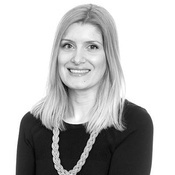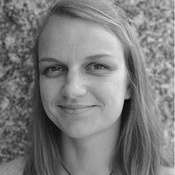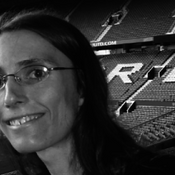Test sub-sub page

Sabina Baba
Sabina is responsible for managing our marketing & communications strategy and activities as well as our member services. Her main role is to ensure we are meeting our member's needs by identifying and delivering impovements to our activities. Science communication to non-scientific audiences has many benefits for researchers and the public alike. For scientists this is an opportunity to explain their work and why it is important which in turn could gain more public support for their research. And you may even find that you will get ideas you never thought about for your research. For the general public, we often find that the media might not always communicate the latest scientific findings accurately and that it tends to focus on the most popular stories. Scientists can play an important role here by helping to better inform the public. In this article we caught up with some of our members to find out about their science communication activities.

Cornelia Eisenach
Originally from Berlin, Cornelia completed her PhD research in Plant Cell and Molecular Biology at Glasgow University. Apart from researching plant ion channels she also helped to establish and contributed to the GIST, a Glasgow-based popular science magazine, worked at science outreach events with kids and gathered work experience at the BBC. Since 2013 she has been a post-doctoral research fellow at the University of Zürich, Switzerland, and works as a science writer for the SEB, the Neue Zürcher Zeitung and SciViews

Rebecca Ellerington
Rebecca joined the SEB team in May 2020 and, despite not meeting anyone in person yet owing to COVID restrictions, she has immediately bonded with the other team members and is already making significant contributions to our outreach, education, and diversity work. “While I have a background in both bioscience research and outreach work, throughout my career the most exciting times have been when I’ve taken my passion for research and science and tried to communicate that to groups outside my field,” says Rebecca. “It’s great to see people who wouldn’t normally interact with science get excited about research. If I can use my new role to help other SEB members to do that too, I think it will be brilliant for research, for career development, and for personal enjoyment.”

Caroline Wood
Caroline Wood was the SEB’s 2014 science communication intern. Since then, Caroline has been a regular contributor the SEB, reporting on events and writing insightful features for our members.
